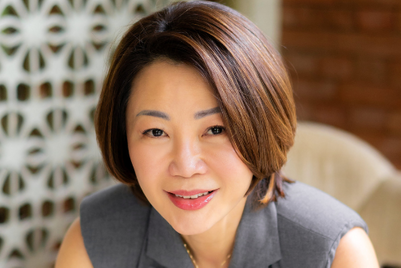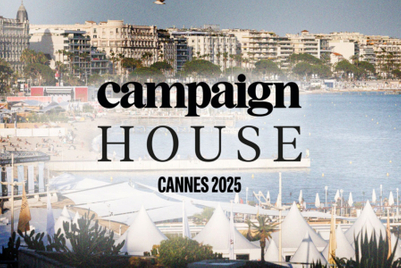.jpg&h=570&w=855&q=100&v=20250320&c=1)
The most high-profile fallout involves DDB-owned Brazilian agency DM9, whose ‘Efficient Way to Pay’ campaign for Whirlpool’s Consul brand was stripped of its Creative Data Grand Prix and a Bronze Lion in Creative Commerce. The agency admitted to using AI-generated and manipulated footage in the case study, simulating real-world results and misleading the jury.
“This breaches the Cannes Lions entry rules on factual representation, and undermines the trust placed in the work by our juries and the wider community. Cannes Lions exists to celebrate creativity that is real, representative, and responsible,” the festival said.
Tightening rules in the AI age
n response to the controversy, Cannes Lions has announced new measures for 2025, including mandatory AI disclosure at entry, an updated Code of Conduct, content detection tools, and a new adjudication panel including AI and ethics experts.
The festival said these steps were needed to “reinforce the commitment to honouring work that upholds the highest standards of truth, fairness, transparency, and creative excellence.”
LePub São Paulo also under scrutiny
Separately, LePub São Paulo is under fire over claims that its ‘Followers Store’ campaign for New Balance and São Paulo FC, a Bronze Lion winner, included unverifiable data and misleading endorsements.
Journalist Demétrio Vecchioli found no evidence of the presale or cited results. Some media outlets named in the case study did not cover the campaign or no longer exist, and influencer content may have been edited without disclosure. New Balance said it did not approve or review the case study. LePub has launched an internal investigation.
A spokesperson told Adweek: “We have zero tolerance for this sort of situation… and are committed to holding those values to the highest standard.”
Meanwhile, Africa Creative DDB São Paulo’s ‘One Second Ads’ campaign for Budweiser—which won a Grand Prix in Audio & Radio—faced backlash for using ultra-short song clips to avoid music licensing fees. While the campaign did not violate any formal rules, it prompted public criticism and an apology from parent company Ambev, which said:
“We deeply respect artists… we’re sorry and are working to resolve this.”


.jpg&h=334&w=500&q=100&v=20250320&c=1)



.png&h=334&w=500&q=100&v=20250320&c=1)

.png&h=334&w=500&q=100&v=20250320&c=1)

.png&h=334&w=500&q=100&v=20250320&c=1)








.jpg&h=268&w=401&q=100&v=20250320&c=1)